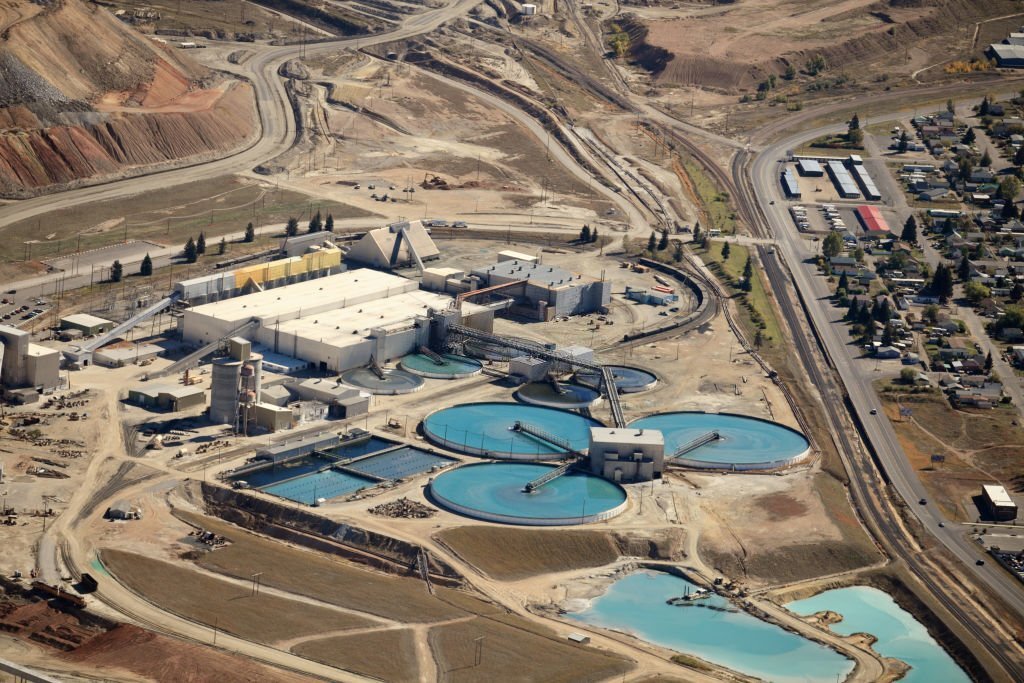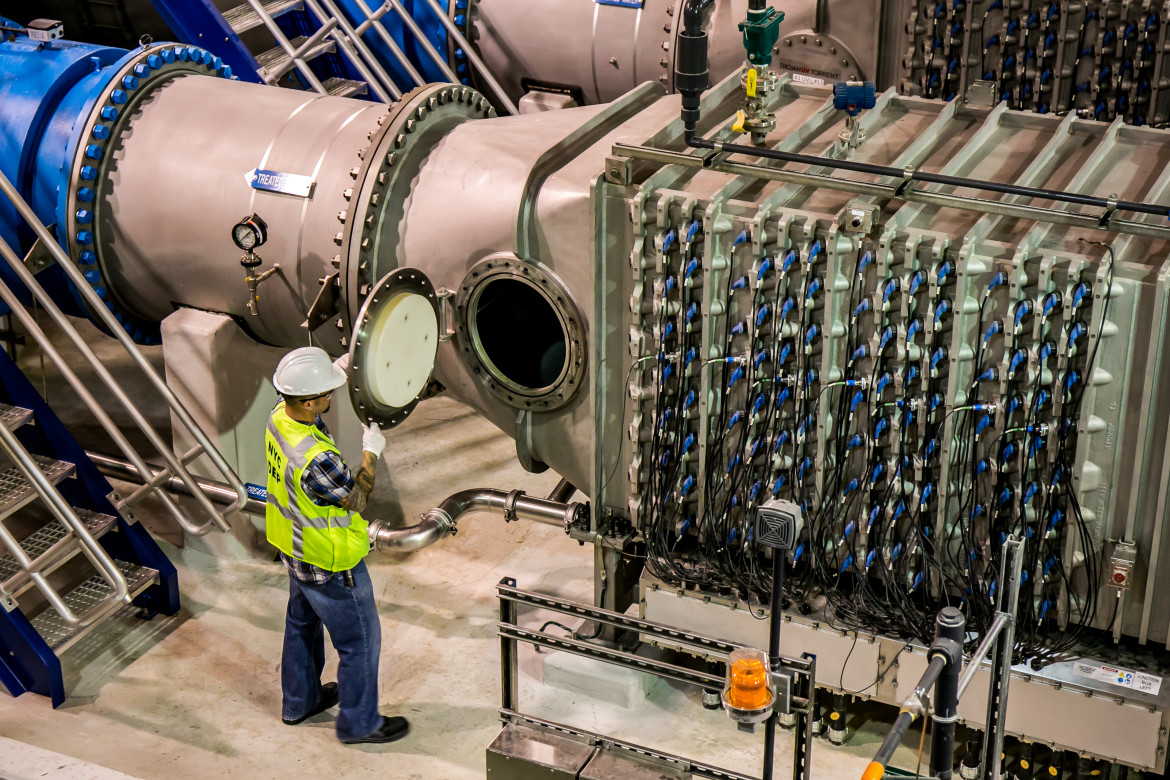His Royal Highness Prince Mohammed bin Salman bin Abdulaziz Al Saud, Crown Prince and Prime Minister, has announced a significant milestone for the Kingdom of Saudi Arabia: the establishment of the Global Water Organization, with its headquarters to be located in the heart of Riyadh. The Global Water Organization

This visionary organization is dedicated to consolidating and augmenting the global efforts to ensure the sustainable management of the world’s precious water resources.
Its core objectives include the exchange of knowledge, the advancement of cutting-edge technologies, the stimulation of innovative solutions, and the sharing of invaluable research and development experiences.
A conquest worth winning
Furthermore, it will actively champion the initiation and financing of high-priority water projects, with the ultimate aim of guaranteeing the longevity of water resources and their equitable access for all.
By spearheading the creation of the Global Water Organization, the Kingdom of Saudi Arabia underscores its unwavering commitment to addressing the pressing global water supply challenges that confront humanity.
This initiative stands as a testament to Saudi Arabia’s steadfast dedication to environmental sustainability. The Global Water Organization
Over the years, the Kingdom has earned global recognition for its groundbreaking achievements in water production, transportation, and distribution, all of which have hinged on locally developed and innovative solutions. It is also worth noting that Saudi Arabia plays a pivotal role in ensuring that global water issues remain at the forefront of the international agenda.

This commitment is exemplified by the Kingdom’s substantial financial backing, with over $6 billion earmarked for diverse water and sanitation projects spanning four continents.
The organization’s primary aim is to collaborate closely with nations grappling with water-related challenges, as well as those who have prioritized water-related initiatives on their national agendas. This cooperation will extend to countries with notable expertise and substantial contributions to solving water-related problems.
Collective work
Such collective action takes on added significance in the face of projections that indicate global water demand could potentially double by 2050, especially considering the expected growth of the world’s population to 9.8 billion.
Together with the member countries of this groundbreaking organization, the Kingdom of Saudi Arabia aspires to make significant strides towards realizing the sustainable development goals related to water security.
How are we involved?
In the midst of global efforts to address pressing water supply challenges, we are actively contributing to the cause through innovative changes in the water treatment process. At the heart of our involvement lies a transformation in the pretreatment filtration stage, a pivotal component of the water treatment process.

Moreover, in the realm of desalination plants, we are spearheading a revolution by adopting zeolite filter media, a groundbreaking departure from traditional materials like sand and anthracite.
Why is it better?
The shift towards zeolite filter media represents a monumental leap forward in desalination technology. Unlike conventional materials, zeolite offers unparalleled advantages. It not only enhances the efficiency of the desalination process but also significantly improves water quality.
Zeolite’s exceptional ion-exchange capabilities make it highly effective in removing impurities, ensuring the production of clean and safe drinking water.

Furthermore, zeolite is eco-friendly, as it minimizes waste and reduces the environmental footprint associated with water treatment. Its longevity and reliability mean reduced maintenance costs and enhanced operational sustainability.
By embracing zeolite filter media, we are not just enhancing the efficiency of desalination plants; we are also contributing to the global drive for sustainable water management and environmental stewardship.
Here’s how zeolite filter media can enhance the water pretreatment process compared to sand
- Filtration Efficiency: Zeolite has a higher filtration efficiency compared to sand due to its smaller particle size and uniformity. This allows for better removal of suspended solids and smaller particles, resulting in cleaner water.
- Ion Exchange Capacity: Zeolite’s ion exchange properties make it highly effective in removing heavy metals, ammonia, and other contaminants present in the water. It can selectively capture these ions and exchange them with less harmful ones, thereby improving water quality.
- Longer Filter Run Times: Zeolite filter media tends to have longer filter run times compared to sand filters. This means that the zeolite filters require less frequent backwashing or regeneration, reducing water and energy consumption during the pretreatment process.
- Reduced Pressure Drop: Zeolite’s smaller particle size and uniformity contribute to a lower pressure drop across the filter media. This helps maintain a consistent flow rate, reducing the energy requirements of the pretreatment system.
- Compact Design: Zeolite filters can achieve the same or higher levels of pretreatment efficiency as sand filters while requiring a smaller footprint. This compact design is especially beneficial in situations where space is limited.

It’s worth noting that the specific design and configuration of the pretreatment system. Including the type and size of zeolite media, will depend on the water source, quality, and the desalination process employed. The Role of Zeolite Filter Media The Evolution and Future of Water Desalination in Saudi Arabia
Future Prospects and Considerations in Water Desalination Process in Saudi Arabia
Projections indicate that Saudi Arabia may require a desalinated water capacity of up to 4.5 billion cubic meters per year by 2040, double the current production levels. Achieving this ambitious target will demand continued innovation, research, and investment in desalination technologies.
In addition to technical advancements, demand management strategies will play a crucial role in balancing water consumption. Awareness campaigns and potential taxation on high water usage are among the methods that may be employed to reduce water demand.





